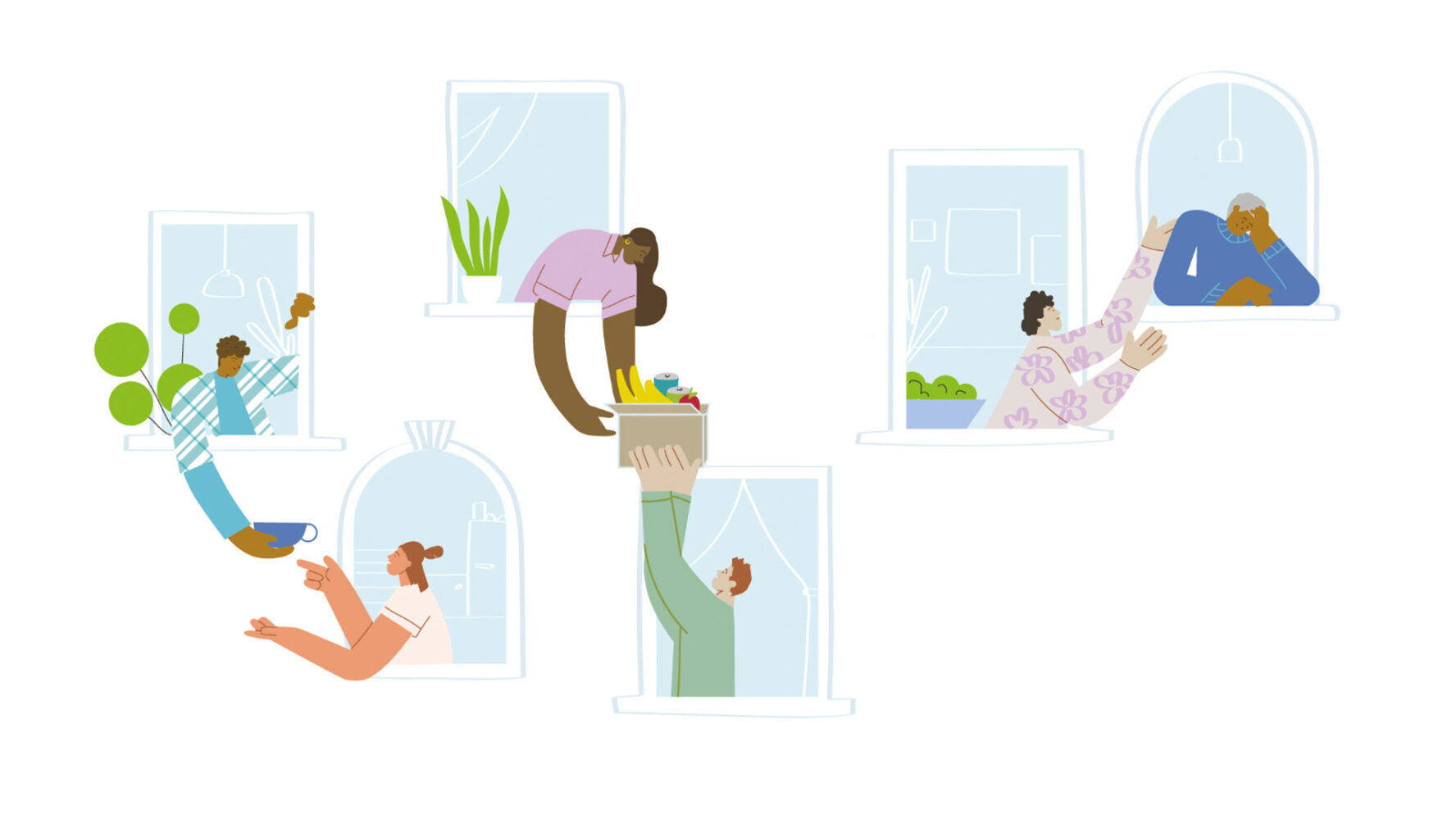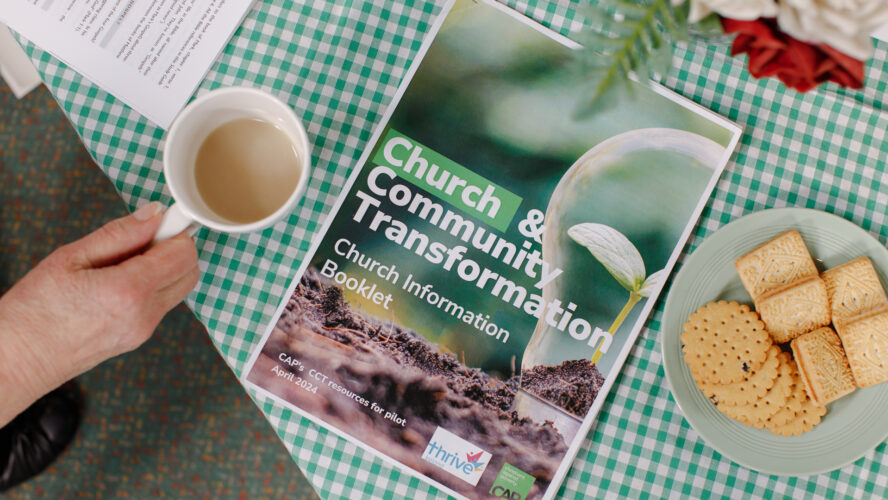
(Average read time: 5 minutes)
Perhaps you might find the following version of the Lord’s Prayer on forgiveness both familiar and also strange: ‘Forgive us our debts as we also have forgiven our debtors’. Most of us are used to asking for our sins to be forgiven, as we forgive those who have sinned against us. In fact, ‘debt’ is a good translation of the underlying Greek word opheílēma – a debt or obligation.
Luke’s version of this line in the Lord’s Prayer includes two different words; the one used twice in Matthew and another – hamartía – which is the New Testament’s primary word for sin. In the English Standard Version, Luke 11:4 reads: ‘Forgive us our sins, for we ourselves forgive everyone who is indebted to us’. The existence of these two versions of the Lord’s Prayer underlines what a close connection is being made between sin and debt.





